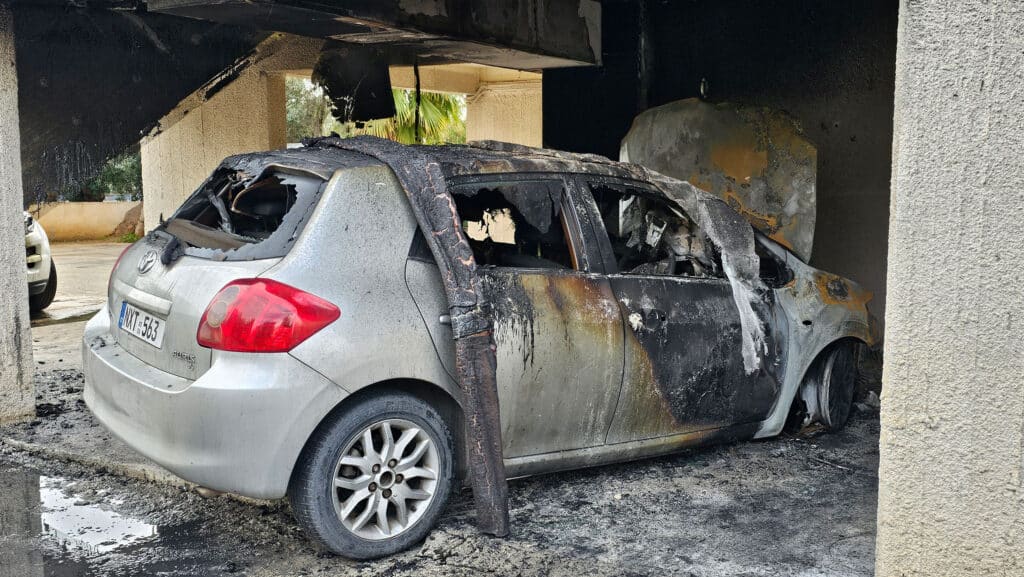Organised crime has grown to a ‘worrying’ scale, and all elements of society must come together to contain it, speakers said at a workshop held on Monday.
The remarks came at one-day seminar organised by the bar association and the Department of Law of the University of Cyprus.
Speaking on behalf of the justice minister, police lieutenant Constantinos Constantinides said the last few years have witnessed a surge in serious crime, culminating in attacks against law enforcement officials and officers of the court.
“This fact”, he noted, “combined with the manner and timing of some of the heinous crimes committed recently, has of course alarmed us all, which is why the police immediately took additional precautionary but also enforcement measures”.
Some of these measures have been made public, but others cannot be disclosed so as to ensure the police’s operational capability.
In mid-January the police had announced a series of measures intended to tackle both organised crime and football violence. They came in the wake of a string of crimes against officials, including the setting on fire of a public prosecutor’s car in Paphos in December, and the planting of a bomb underneath the car of a state counsel in early January.
In announcing the measures, the justice minister said at the time that police patrols would be stepped up, and 500 officers hired – though it later transpired that this number referred to planned hires to fill vacancies.
Constantinides said a decision has meantime been taken to beef up the police’s financial crimes unit – with the aim of “intensifying” investigations to track and seize the proceeds of illegal activities.
He also revealed that authorities may set up a special unit that would look into the assets or wealth of certain people and compare them to these individuals’ jobs. Persons would be investigated in this way even where no evidence exists for a predicate offence having been committed.
A predicate is an illegal activity that is the foundation or the first crime in the chain of another crime. For example, in money laundering, an illicit act of tax evasion can be construed as a predicate offence, as the illegal proceeds generated from tax evasion would be laundered.
Constantinides then made mention of a bill being discussed in parliament that would allow the identification of users of pre-paid mobile phone cards. This, he said, would mark an important addition to law enforcement’s toolkit.
On his part, deputy attorney-general Savvas Angelides noted that organised crime in Cyprus “no longer has any inhibitions” and operates with “frightening ease and audacity”.
Combating organised crime would take the “engagement of all” – parliament, the judiciary, the executive branch of government, and the community.
Society itself, stressed Angelides, must resist organised crime. It is also a societal problem, as people often turn to it because of poverty. But crime also pays, he added.
Nikos Tornaritis, chair of the House legal affairs committee, said parliament is doing all it can to boost the state’s legal arsenal.
He called for a “loud message” to be sent that authorities “are ready to defend democracy, the balance in the system, and that the rule of law shall prevail”.







Click here to change your cookie preferences